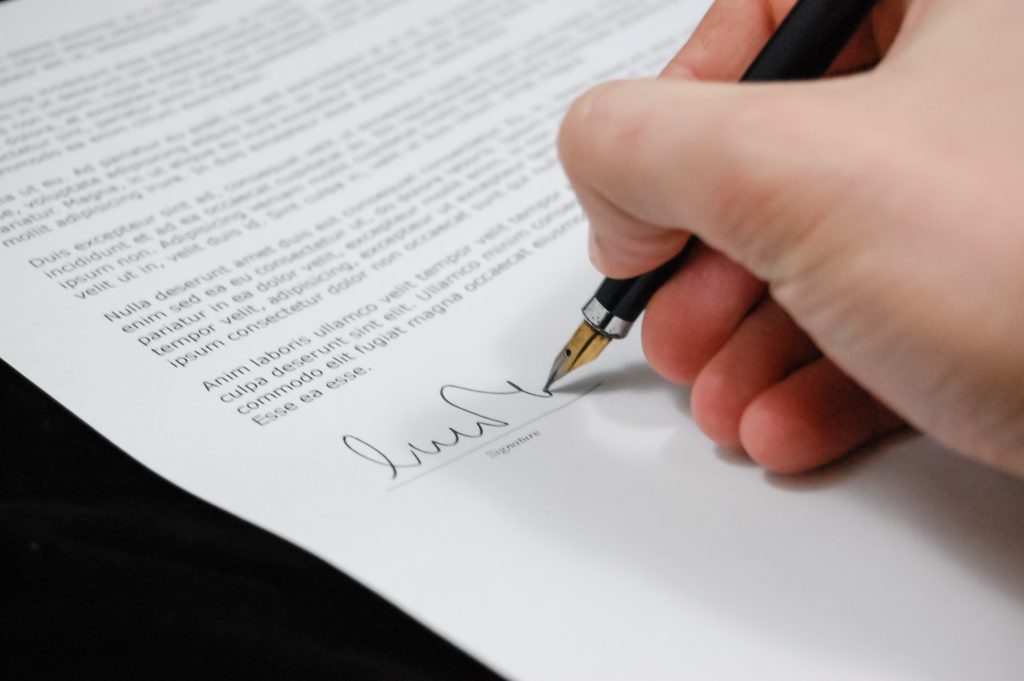WMUR’s recent article, “Why you need a financial durable power of attorney” explains that a power of attorney is a legal document that allows another individual (your agent) or financial institution to conduct financial transactions for you, if you’re unable to do so. Without a POA, your family will likely need to petition the court make these decisions on your behalf.
Whether you’re young, elderly, single or married, it’s a good idea for everyone to have a power of attorney. For married couples, while your spouse can usually take care of the basic finances, many financial transactions require both spouses’ signatures. For those assets in your name only, your spouse will have no access. Every complete estate plan should include both a durable power of attorney for property and a power of attorney for healthcare.
One type of financial power of attorney is a durable power of attorney, which becomes effective upon signing and stays in effect through any incapacity and until your death—unless you revoke it. This POA typically lets the agent perform a wide range of financial transactions on your behalf. If you don’t designate that your power is “durable,” it may automatically end, if you become incapacitated.
Another type of durable power of attorney is a “springing” power of attorney, and it usually doesn’t become effective unless specific conditions are met. Typically, a physician must certify that you’ve become incapacitated. This POA lets you to control your affairs, unless and until you can’t do so.
Work with an experienced estate planning attorney to draft the power of attorney. This document is usually created as part of your overall estate planning. Note that it’s not the same as a medical power of attorney. That document gives your agent authority for medical, not financial decisions. To be fully effective, these POAs must comply with state laws, which can vary from state to state.
The typical powers granted to your attorney-in-fact or agent, are to use your assets to pay your normal expenses, collect Social Security, invest your money, handle banking transactions, gain access to your safe deposit box, manage property and watch over your retirement accounts. Aside from granting broad powers, the POA must be specific about certain rights granted to the agent. For example, the grantor gives an agent the right to make gifts on behalf of the grantor or the right to complete and file your tax returns.
Your attorney may also hold the durable POA for you pending release, if you should become incapacitated. It is important to make certain to periodically review your documents and your estate plan, so that it reflects your current situation and goals.
Reference: WMUR (May 23, 2019) “Why you need a financial durable power of attorney”



